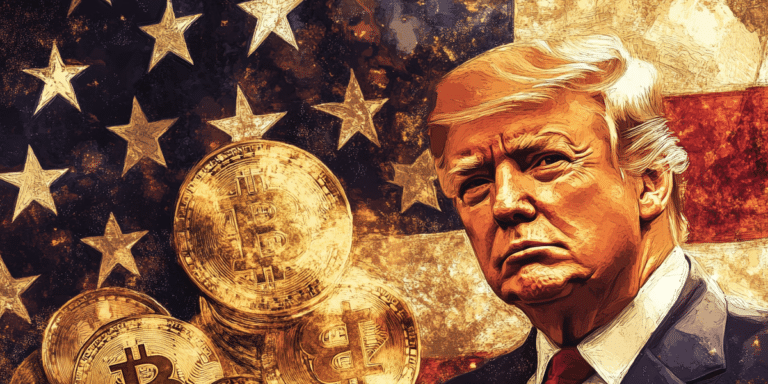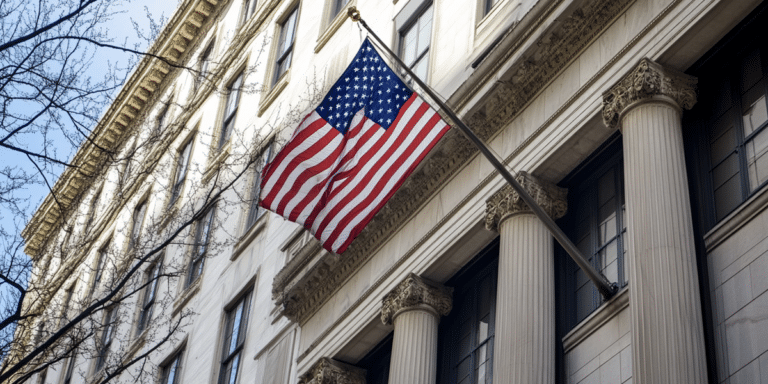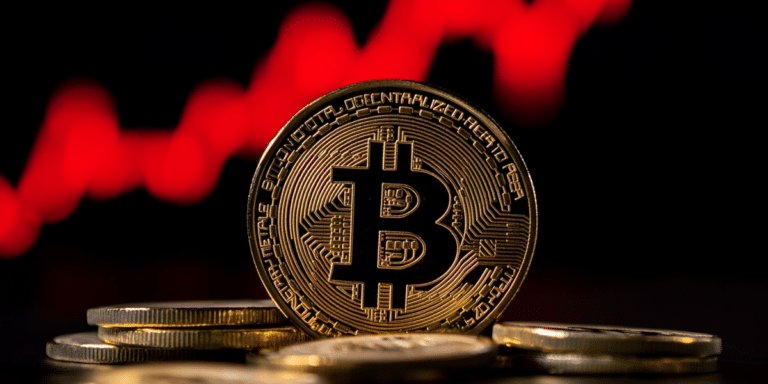Former U.S. Treasury Chief Dismisses Trump’s Strategic Bitcoin Reserve Plan as ‘Crazy’
Lawrence Summers Slams Trump’s National Bitcoin Reserve Plan as ‘Crazy’ and Politically Motivated, While Proponents Claim It Could Tackle $36 Trillion Debt.
Key Takeaways:
- Lawrence Summers, former U.S. Treasury Secretary, described President-elect Trump’s plan for a national Bitcoin reserve as crazy and politically motivated.
- The proposed reserve would involve retaining seized Bitcoin and purchasing additional BTC to hedge against inflation.
- Proponents, including Senator Cynthia Lummis, argue it could address the $36 trillion national debt.
Former U.S. Treasury Secretary Lawrence Summers has strongly criticized President-elect Donald Trump’s proposal to create a strategic Bitcoin reserve, calling the idea impractical and unnecessary.
Summers Critiques Trump’s Strategic Bitcoin Reserve Proposal
In an interview with Bloomberg TV on December 6, Summers labeled the plan “crazy” and argued it was more about appeasing political allies than sound economic policy.
“Some of what is being said, this idea that we should have some kind of national Bitcoin reserve, is crazy,” Summers said.
“I understand why we need a national oil reserve or why we accumulated gold in Fort Knox. But accumulating Bitcoin as a sterile inventory? There’s no economic justification other than pandering to special interest campaign donors.”
Trump’s campaign floated the idea of retaining 198,000 BTC seized by the government, worth over $19 billion, according to Arkham Intelligence.
The proposal gained traction among crypto-friendly Republicans, with some advocating for expanding the reserve to include up to 1 million BTC, roughly 5% of Bitcoin’s total supply.
Supporters of the proposal, including Senator Cynthia Lummis, have framed the strategic Bitcoin reserve as a tool to address the U.S.’ $36 trillion national debt.
In July, Lummis introduced a bill to establish the reserve, arguing that Bitcoin’s deflationary nature and potential long-term growth could benefit the U.S. economy.
“This initiative represents a forward-looking approach to leverage innovative financial assets for national gain,” Lummis said during the bill’s announcement.
Internationally, similar ideas have emerged. Polish presidential candidate Sławomir Mentzen has vowed to create a Bitcoin reserve if elected, and Brazilian lawmakers have proposed legislation to establish a sovereign Bitcoin fund.
Skepticism on Trump’s Strategic Reserve As Bitcoin’s Rise Sparks Renewed Debate
Critics argue that the strategic Bitcoin reserve proposal faces significant challenges, primarily due to Bitcoin's extreme volatility, which could lead to substantial losses for the government.
Securing such a large reserve would also demand robust infrastructure to prevent hacking, theft, or the loss of private keys – issues even seasoned crypto institutions struggle to manage.
Avik Roy, president of the Foundation for Research on Equal Opportunity, also weighed in, stating that while the idea of a Bitcoin reserve has merits, it is not a standalone solution for the federal deficit.
“The Bitcoin reserve is good but does not solve the problem. Budgetary reforms are still essential,” Roy said at a recent crypto summit.
The timing of this debate coincides with Bitcoin reaching $100,000, sparking renewed attention and controversy.
The Financial Times’ Alphaville recently issued a controversial op-ed apologizing to readers who missed Bitcoin’s meteoric rise due to its earlier negative coverage.
However, the piece, dubbed a “cope-pology” by critics, reiterated Alphaville’s skepticism, calling Bitcoin a “negative-sum game” and a “hype gauge disconnected from utility.”
Despite these criticisms, Bitcoin’s advocates argue that its decentralized nature and potential to hedge against inflation make it a valuable asset.



